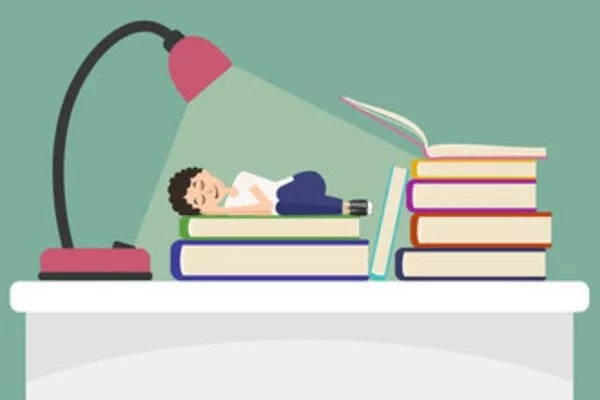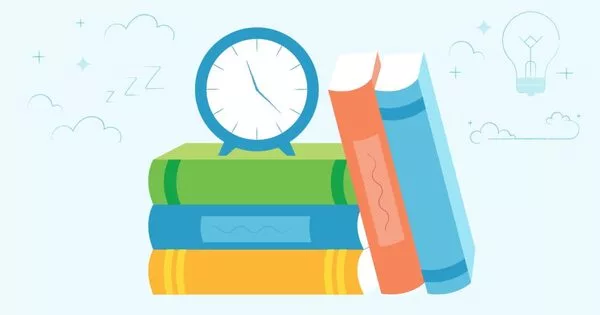Studies have found that sleep deprivation can impair attention, working memory, and executive function, which are all crucial for learning and academic performance. Sleep-deprived students may struggle to concentrate, retain information, and solve problems effectively, and they may also experience mood disturbances and decreased motivation.
The first study to examine how the duration of nightly sleep early in the semester affects first-year college students’ end-of-semester grade point average was conducted by a multi-institutional team of researchers (GPA). Using Fitbit sleep trackers, they discovered that students sleep an average of 6.5 hours per night, but negative outcomes accumulate when students sleep less than six hours per night. The results are available in the issue of the Proceedings of the National Academy of Sciences.
College is a time of transition for young adults. It may be the first time students have the freedom to determine how to spend their time, but this freedom comes with competing interests from academics, social events and even sleep.
The first study to examine how the duration of nightly sleep early in the semester affects first-year college students’ end-of-semester grade point average was conducted by a multi-institutional team of researchers (GPA). Using Fitbit sleep trackers, they discovered that students sleep an average of 6.5 hours per night, but negative outcomes accumulate when students sleep less than six hours per night. The findings are published in the Proceedings of the National Academy of Sciences on February 13th.
Once you start dipping below six hours, you are starting to accumulate massive sleep debt that can impair a student’s health and study habits, compromising the whole system. Most surprising to me was that no matter what we did to make the effect go away, it persisted.
David Creswell
Previous research has found that total sleep is an important predictor of a variety of health and performance outcomes. Sleep guidelines recommend teenagers get 8 to 10 hours of sleep every night. Many college students have irregular and insufficient sleep patterns.
David Creswell, the William S. Dietrich II Professor in Psychology and Neuroscience at the Dietrich College of Humanities and Social Sciences, led a team of researchers to evaluate the relationship between sleep and GPA. College students frequently push themselves to succeed, and GPA is an important indicator of academic success.
“Animal studies have shown how critical sleep is for learning and memory,” said Creswell. Here we show how this work translates to humans. The less nightly sleep a first year college student gets at the beginning of the school term predicts lower GPA at the end of the term, some five to nine weeks later. Lack of sleep may be hurting students’ ability to learn in their college classrooms.”

Previous animal studies have shown that memories formed during the day are consolidated during sleep. When normal sleep patterns are interrupted, the content learned during the day is lost. Extending this logic to students, the researchers wanted to know if interrupted or insufficient sleep could impair academic learning and if this would be reflected in academic performance.
Over 600 first-year students were evaluated across five studies at three universities for the study. The students wore Fitbit devices on their wrists to monitor and record their sleep patterns. The students in the study slept an average of 6.5 hours per night, according to the researchers.
More surprising, the researchers found that students who receive less than six hours of sleep experienced a pronounced decline in academic performance. In addition, each hour of sleep lost corresponded to a 0.07 decrease in end-of-term GPA.
“Once you start dipping below six hours, you are starting to accumulate massive sleep debt that can impair a student’s health and study habits, compromising the whole system,” said Creswell. “Most surprising to me was that no matter what we did to make the effect go away, it persisted.”
The researchers took into account previous academic performance, daytime napping, race, gender, and first-generation status. Several of the studies also took total academic course load into account. None of these variables had an effect on the overall effect of nightly sleep on GPA.
“A popular belief among college students is value studying more or partying more over nightly sleep,” said Creswell. Our research suggests that reducing your nightly sleep may have a real impact on your ability to learn and achieve in college. Budgeting for the importance of nightly sleep has real value.”
This study emphasizes the importance of developing structured programs and interventions at educational institutions to encourage undergraduate students to prioritize their sleep.
















